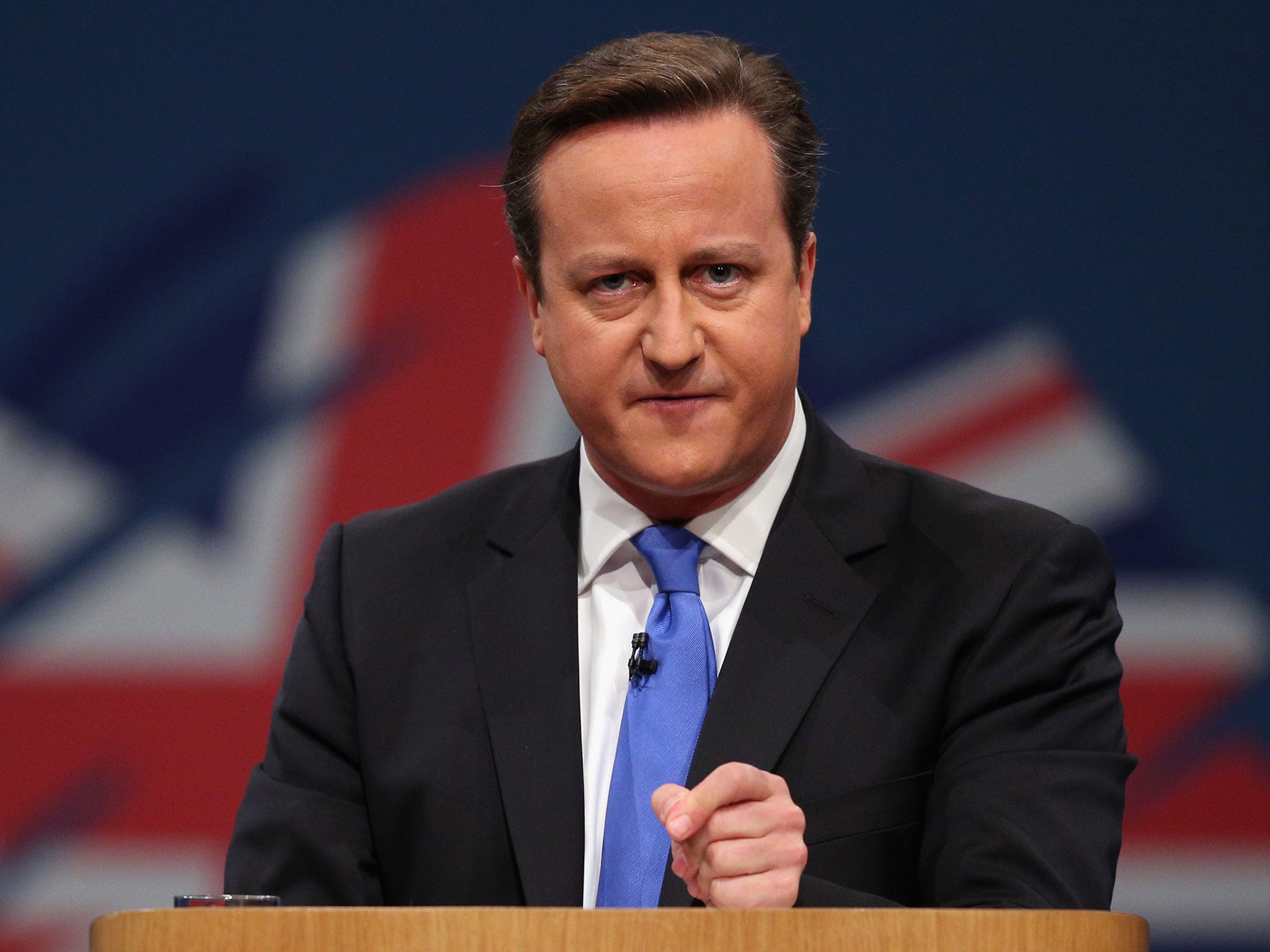If David Cameron wins vote to strike Isis in Syria, it is vital that the end goal of a peace settlement is not forgotten
If he wins this gamble, it is up to him also to ensure that his victory is not an empty one

Your support helps us to tell the story
From reproductive rights to climate change to Big Tech, The Independent is on the ground when the story is developing. Whether it's investigating the financials of Elon Musk's pro-Trump PAC or producing our latest documentary, 'The A Word', which shines a light on the American women fighting for reproductive rights, we know how important it is to parse out the facts from the messaging.
At such a critical moment in US history, we need reporters on the ground. Your donation allows us to keep sending journalists to speak to both sides of the story.
The Independent is trusted by Americans across the entire political spectrum. And unlike many other quality news outlets, we choose not to lock Americans out of our reporting and analysis with paywalls. We believe quality journalism should be available to everyone, paid for by those who can afford it.
Your support makes all the difference.David Cameron has learned lessons since the debacle of 30 August 2013, when he rushed a vote in the Commons on air strikes in Syria only to lose it narrowly – but humiliatingly – by 13 votes. This time, the Prime Minister is preparing the ground much more carefully and the outcome of the next vote on this issue in the Commons looks more predictable.
It helps that the enemy this time is Isis. Two years ago, when the target was forces loyal to Bashar al-Assad, many MPs felt misgivings. In an effort to woo wavering MPs, the draft motion being prepared for a vote this week also makes pointed reference to the UN resolution recently passed against Isis – as well as to the need for a political settlement in Syria. The message is: this is not about “regime change” and it is not about bombing for the sake of it.
While no vote will be called until the Tory whips have carefully totted up the figures, the wind is clearly blowing in Mr Cameron’s direction. Thirty Tory MPs defied his leadership in 2013. The number of Conservatives opposed to extending air strikes from Iraq to Syria is now down to 10 or even less. The mood in Parliament has changed since the shocking attacks in Paris on 13 November. It is no longer solely a question of whether strikes will “work”, and against whom, but whether we are willing to snub an explicit request for backup in Syria from our wounded ally, France.
Divisions inside the Labour Party over Syria, meanwhile, are so deep that a free vote on the Labour side looks like the only option. Jeremy Corbyn’s close ally, the shadow Chancellor, John McDonnell, has already conceded as much. On 29 November, Mr Corbyn repeated his threat to whip Labour MPs into the No camp, saying it was “the leader who decides”. However, trying to force a No vote on them when up to one hundred are known to support air strikes on Isis would be a perilous move.
With British air strikes on Isis in Syria now more of a “when” than an “if”, one danger now is hubris – an inflated notion of the probable significance of our contribution. Bombastic talk of Britain “going to war” in Syria disguises the fact that what the UK is offering is the engagement of eight Tornado fighter jets based in Cyprus in support of a far larger French fleet based on an aircraft carrier in the eastern Mediterranean. The number of British jets is due to be augmented by two to four and they have targeting capacities that American and French jets are said to lack, so they may fill a niche. Still, compared with France, let alone the US or Russia – which is rapidly increasing its engagements in Syria – Britain is never going to be more than a minor player in this conflict, in purely military terms.
We have also long been part of the air campaign against Isis in Iraq. The deployment of air power by the US and its allies against Isis in Iraq since August 2014 has certainly raised the morale of the Kurds – the most effective anti-Isis fighters in the region – and may have stalled Isis’s advance on Baghdad. However, given how hard it is to draw up a balance sheet of 15 months of dropping bombs on Isis territory in Iraq, it is curious how uncontroversial the Iraq campaign has become.
There are warnings here. If British jets do start taking part in the air war against Isis in Syria, it is vital that the end goal of this military intervention – the hastening of a political and diplomatic settlement to the conflicts in both Iraq and Syria – is not forgotten. It would be tragic if, after all the bitter arguments over military intervention in Syria, the whole business got pushed to the sidelines following a vote in the Commons. Mr Cameron has staked his reputation on getting his way on bombing Syria. If he wins this gamble, it is up to him also to ensure that his victory is not an empty one.
Join our commenting forum
Join thought-provoking conversations, follow other Independent readers and see their replies
Comments